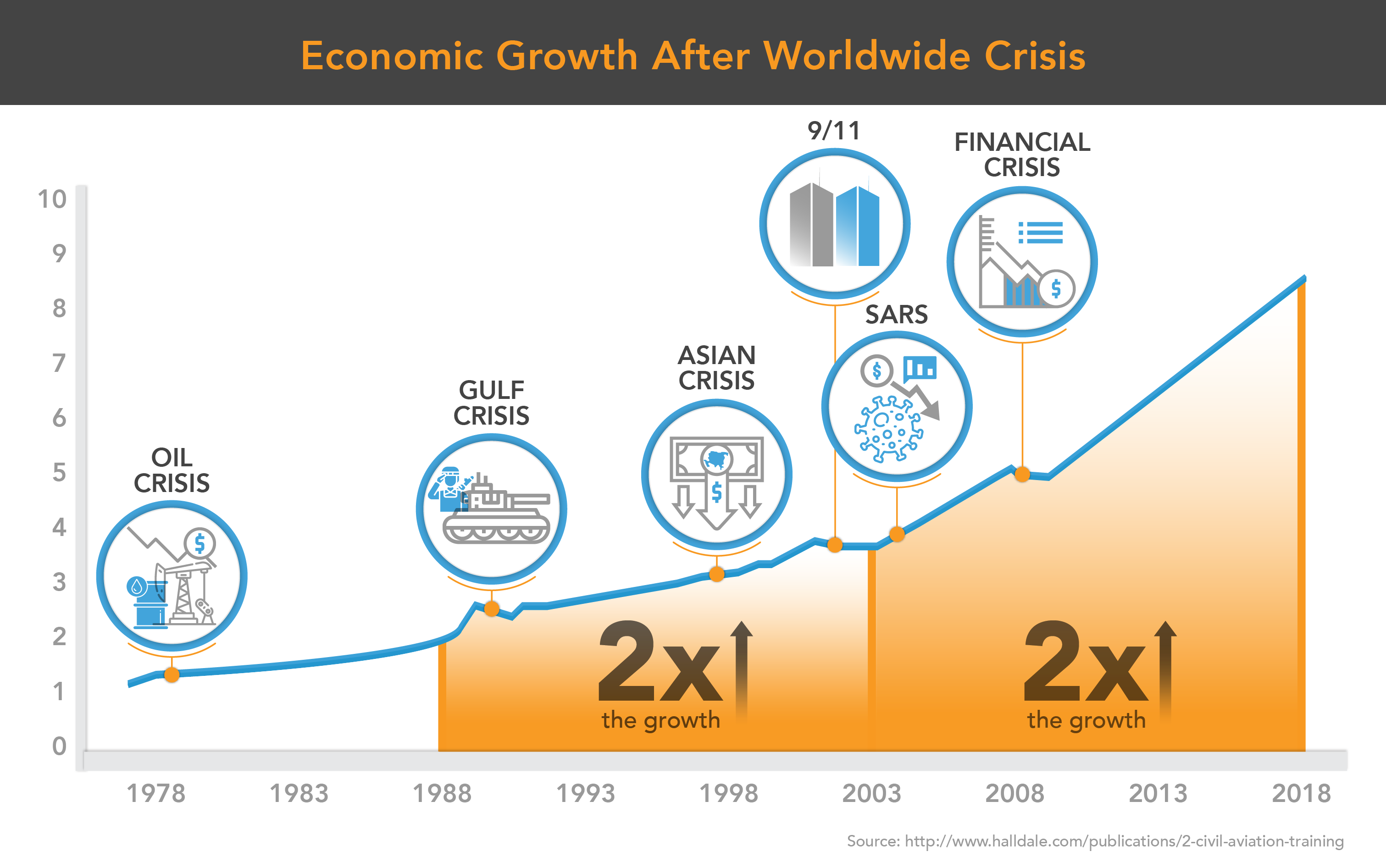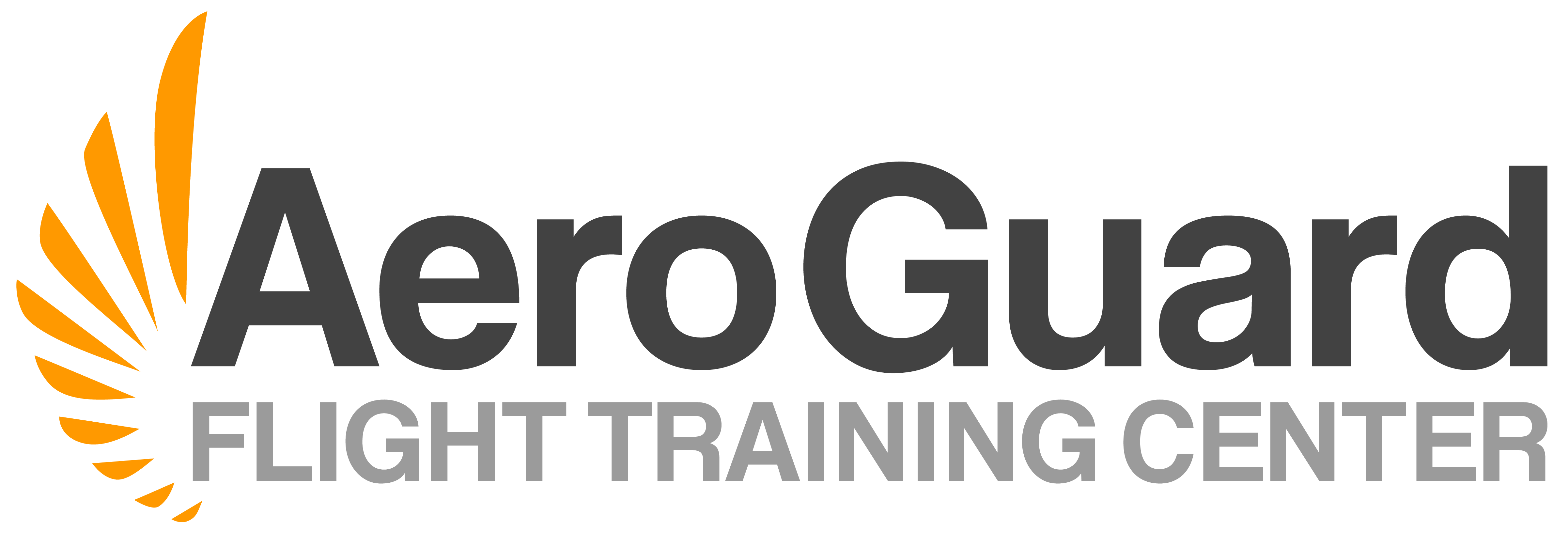COVID-19 Impact
At AeroGuard, we prioritize student and staff well-being, in the air and on the ground. Since the beginning of the COVID-19 outbreak, we’ve made a variety of adjustments in how we operate at each AeroGuard campus, implementing many new sanitization and safety measures along the way. Take a look at what we’ve done and continue to do at our campuses.
COVID-19 Prevention at AeroGuard
The AeroGuard team has been working persistently to ensure CDC guidelines are consistently followed at each of our facilities. AeroGuard is doing its part to stop the spread of COVID-19 by applying a number of practices:
- Mask requirement
Since March 2020, all individuals at AeroGuard have been required to wear a mask prior to entering any building and whilst in the airplanes. There are signs strategically placed on doors as a reminder of this rule. Those that work closely with others, such as student pilots (SPs) and instructor pilots (IPs), or office personnel, need to have a mask on and avoid any physical contact at all times. - Temperature checks
Temperatures are checked before every single mission due to the close proximity SPs and IPs are required to have in the cockpit. - Testing/quarantine
If anyone at AeroGuard has come in contact with someone or suspect they have the virus, they’ll need to quarantine for 14 days or produce a negative test. - Social distancing
Social distancing is an important technique in preventing COVID-19. Individuals should maintain 6 feet from others when not in the cockpit. Outside the flight dispatch center at AeroGuard Phoenix Campus are seats, placed 6 feet apart from each other for students to sit and wait on for their flight. This helps reduce crowding in the dispatch area, where groups can sometimes form. To help reduce traffic, AeroGuard classroom desks are spaced and class is accessible digitally. - Clear screens in dispatch
AeroGuard has also placed clear screens in front of the desks in the dispatch center as a way to intercept contact between dispatchers and SPs/IPs. - Sanitization stations
Throughout all campuses are many “sanitization stations” containing hand sanitizer and/or single-use disinfecting wipes. Sanitizer is encouraged to be used as needed, especially if handwashing is not immediately accessible. The CDC has specific handwashing techniques and hygiene tips to help prevent the spread of germs and bacteria. - Plane interior wipe-downs
As a flight school, SPs and IPs are coming in and out of planes frequently. To keep the cockpit clean, individuals need to wipe down all surfaces they came in contact with using a disposable disinfectant wipe. - Distancing on buses
AeroGuard provides its international students with transportation between the facility and student apartments where needed. Due to COVID-19, buses are half-full, and students are required to distance themselves and wear masks when riding the bus.
Every safety practice is crucial and must be followed at all times. We must do our part to help stop the spread of COVID-19. We’re all in this together.
Safety at All Times
Although the aviation industry has felt the effects of COVID-19, we at AeroGuard are hopeful and believe all will return back to normal as time persists. Outlook on the aviation industry and its future remain strong and we stay focused on helping our students reach their goals.
Outside of campus, we encourage all individuals to continue prevention efforts. Be safe and follow all guidelines to keep yourself and those around you healthy!
COVID-19’s Impact on Pilot Demand
COVID-19 has had a huge impact on the aviation industry, however, history shows us that these times will not last, and we are sure that travel demand, and the demand for pilots, will return and return quickly. Over the last 50 years, there have been several economic crises that effected aviation, including the 9/11 attacks, SARS and the global financial crisis of 2008. In every case, airline growth not only returned to previous numbers within 1-3 years, but accelerated afterwards, doubling in size every 15 years. COVID-19 is expected to be no different, with travel expected to return to prior levels in late 2021.
In addition to the overall recovery of travel demand, due to the impact of COVID-19 forcing airlines to encourage early retirement from their pilots, the resulting impact on pilot demand and the pilot shortage may be greater than it would have otherwise been. As training to become a commercial airline pilot takes at least 2 years in the U.S., AeroGuard students in training are poised to be well positioned on the front end of this hiring curve when airline travel returns.


